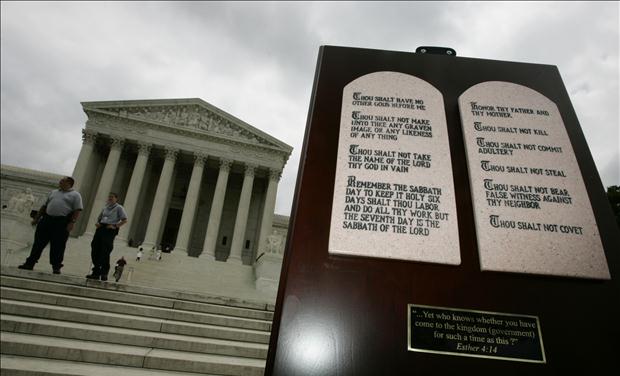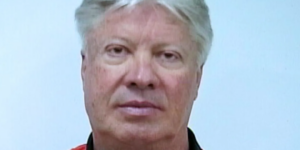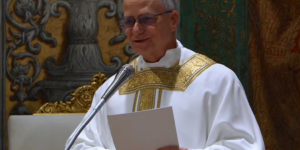ACLU Continues to Target Ten Commandments Display
The American Center for Law and Justice (ACLJ) says the ACLU has no legal standing to challenge an Ohio courtroom display containing the Ten Commandments. In a brief filed with the U.S. Supreme Court, the ACLJ contends that an appeals court erred in its decision declaring unconstitutional a judge’s poster on legal philosophy that included the Ten Commandments.
“The Supreme Court has a perfect opportunity to make it clear that a governmental affirmation of moral absolutes, symbolized here by the Ten Commandments, does not violate the Constitution,” said Jay Sekulow, chief counsel of the ACLJ, which is representing Judge James DeWeese in DeWeese v. ACLU. “It’s time for the high court to set the record straight: the display by Judge DeWeese is a constitutionally-permissible method of explaining his legal and moral philosophy – the same philosophy embraced by our founders.”
DeWeese’s poster, part of a courtroom exhibit on legal philosophy, depicts the clash between different views of law and morality. “Philosophies of Law in Conflict” features two columns of principles or precepts intended to show the contrast between legal philosophies based on moral absolutes (like the Ten Commandments) and moral relativism (like the Humanist Manifesto).
In its reply brief filed Tuesday, the ACLJ cites Supreme Court precedent that the unwelcome observation of an governmental display of religion does not give one legal standing to challenge such a display in federal court.
“DeWeese’s poster is an affirmation of what the Founders and their successors saw as a simple and abiding truth; that a recognition of moral absolutes, which receive their permanence from a divine source, are critical in ‘restoring the moral fabric of this nation,'” the brief argues.
In June, the ACLJ filed a Petition for a Writ of Certiorari, urging the high court to take the case and overturn a February decision by the U.S. Court of Appeals for the Sixth Circuit holding Judge DeWeese’s courtroom display in violation of the First Amendment.
Led by Chief Counsel Jay Sekulow, the American Center for Law and Justice focuses on constitutional law and is based in Washington, D.C.






































